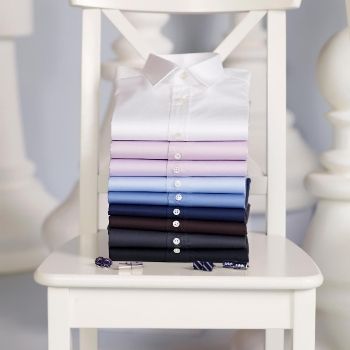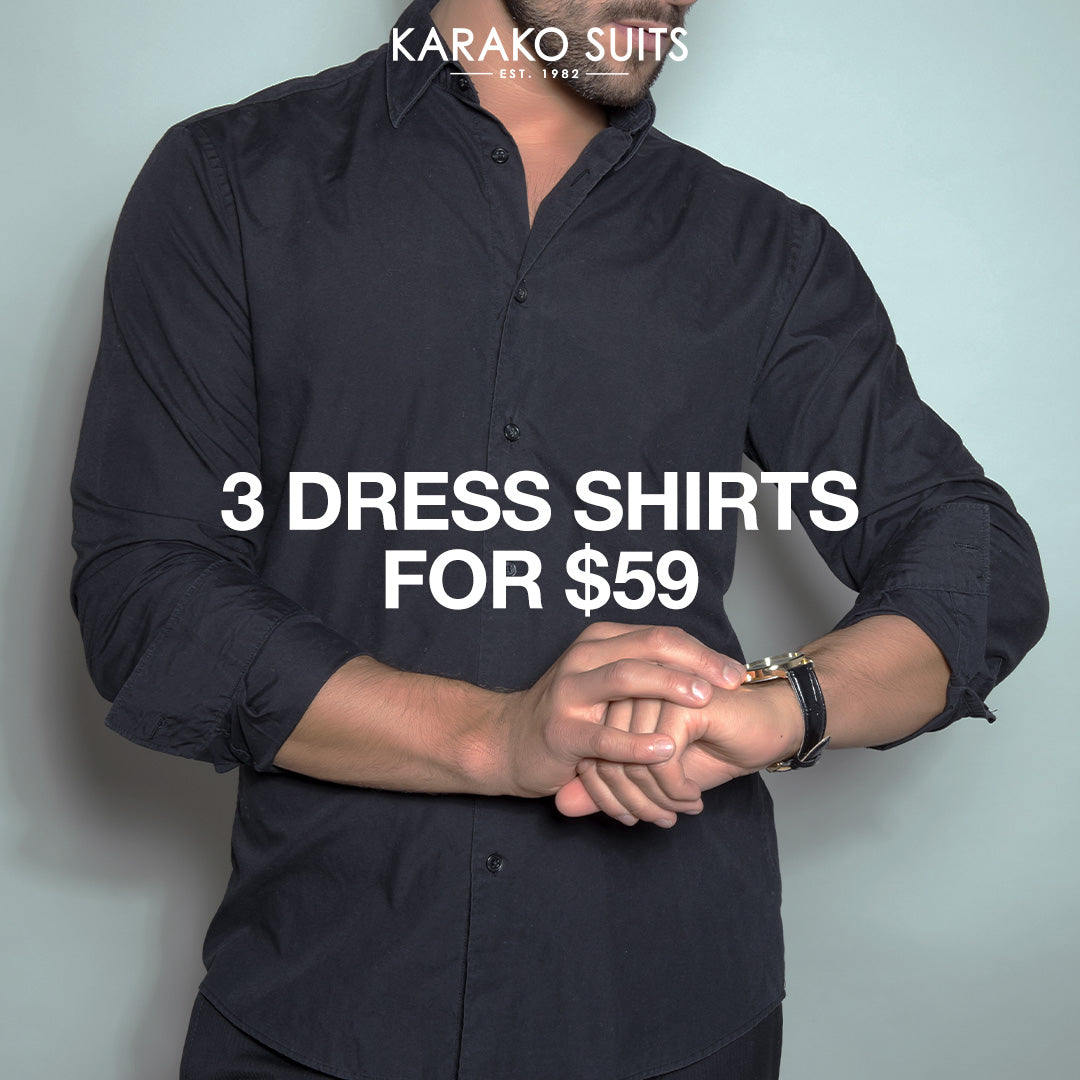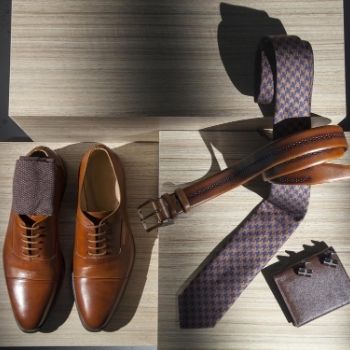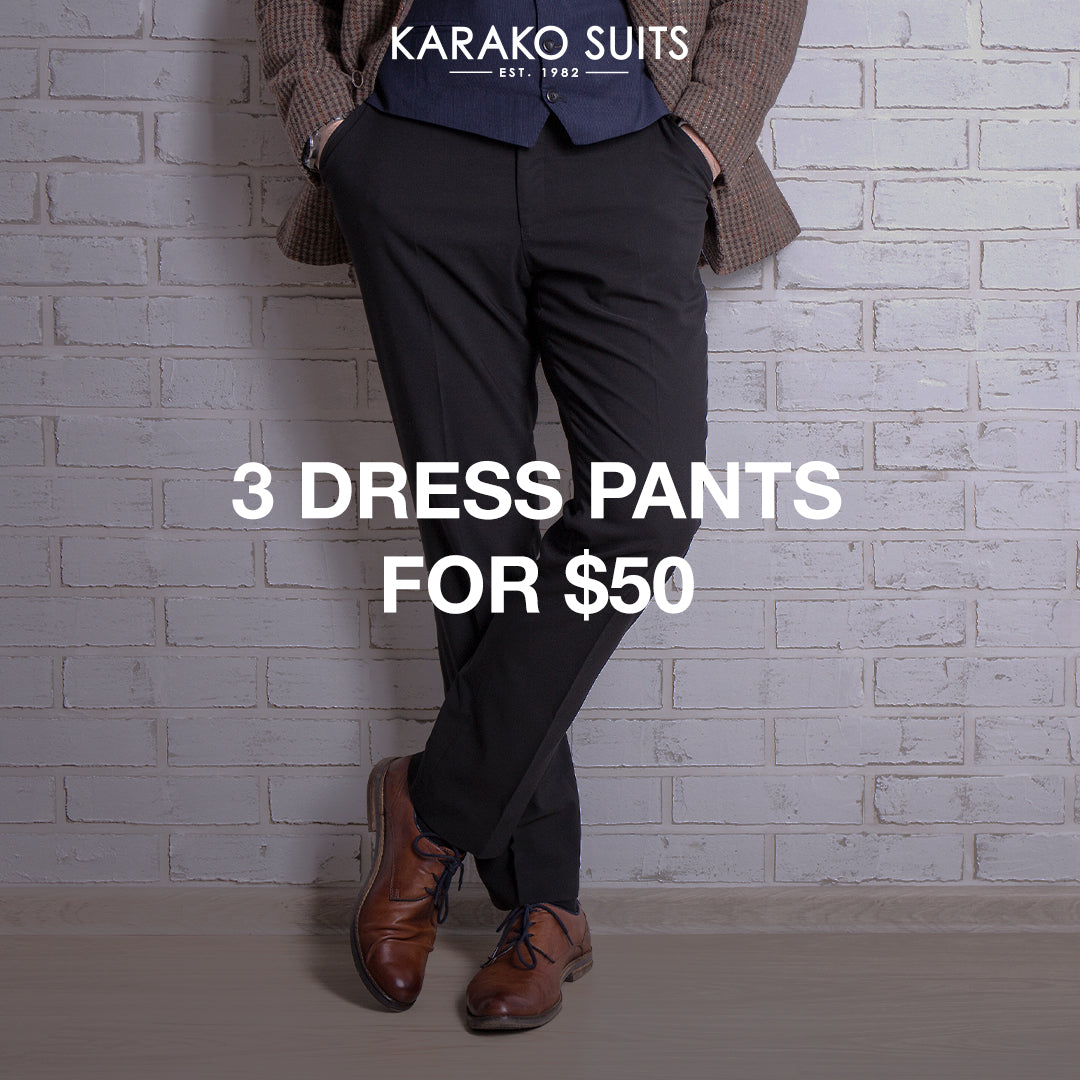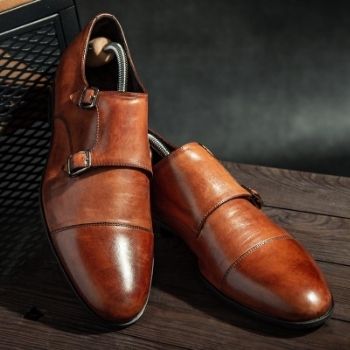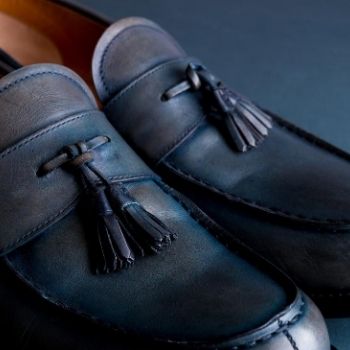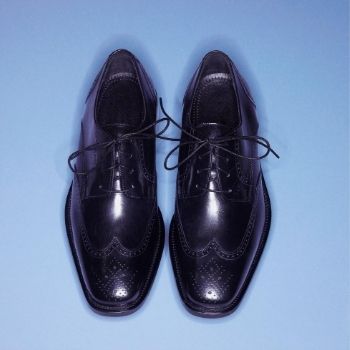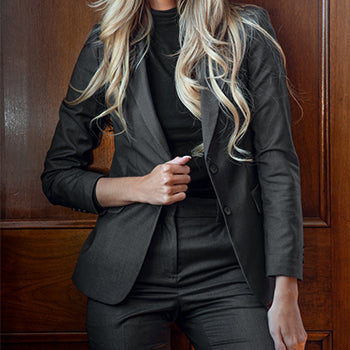How to Pick the Right Suit Color for Your Skin Tone
Choosing the perfect suit involves a myriad of decisions: fabric, fit, style, and lapel type. Yet, one often-underestimated factor that can dramatically elevate your appearance is the suit color in relation to your skin tone. The right color can make your complexion glow, enhance your features, and ensure you look effortlessly polished. The wrong one, however, can wash you out or clash, diminishing your overall presence. At Karako Suits, we understand that true style is about harmony, and we're here to guide you in selecting a suit color that truly complements you.
Understanding Your Skin Tone's Undertones
Before diving into suit colors, it's essential to determine your skin's undertone. This isn't about the surface color of your skin (which can change with sun exposure) but rather the subtle hues beneath the surface.
-
Cool Undertones: Your skin has hints of pink, red, or blue. Your veins on your wrist appear blue, and silver jewelry tends to look better on you than gold. You might burn easily in the sun.
-
Warm Undertones: Your skin has hints of yellow, peach, or golden tones. Your veins on your wrist appear green, and gold jewelry tends to flatter you more than silver. You might tan easily.
-
Neutral Undertones: Your skin has a mix of both warm and cool tones, or it's hard to tell. Both gold and silver jewelry look good on you, and your veins might appear a mix of blue and green.
Suit Colors for Different Skin Tones
Once you know your undertone, choosing a suit color becomes a much clearer process:
1. Best Suit Colors for Cool Undertones:
If your skin has cool undertones, colors with blue, gray, and deep jewel tones will harmonize beautifully with your complexion. These colors will enhance your skin's natural luminosity.
-
Navy Blue: A timeless and versatile choice that always looks sharp.
-
Charcoal Gray: A sophisticated alternative to black that still offers formality.
-
Medium to Light Grays: Provide a crisp contrast without being overwhelming.
-
Deep Greens (e.g., Forest Green, Emerald): Excellent for adding a rich, distinguished touch, especially in darker shades.
-
Cool Browns: Look for browns with a grayish or reddish tint, avoiding overly warm, yellow-based browns.
-
Avoid: Warm, earthy tones like olive green, yellow-browns, or overly bright oranges, which can make your skin appear sallow.
2. Best Suit Colors for Warm Undertones:
For those with warm undertones, earthy tones, rich browns, and warmer shades of blue and gray will bring out the golden and peachy hues in your skin.
-
Browns (Tan, Camel, Chocolate): Browns, especially warmer ones, are incredibly flattering and create a rich, inviting look.
-
Olive Green: A distinctive and sophisticated choice that complements warm undertones beautifully.
-
Cream or Ivory: Soft, warm neutrals that look more harmonious than stark white.
-
Warmer Blues (e.g., Royal Blue, brighter Navies): Blues with a touch more vibrancy or a slight green undertone.
-
Warm Grays (e.g., Greige): Grays that lean slightly towards brown or beige.
-
Avoid: Stark black and very cool, icy blues or grays, which can wash you out.
3. Best Suit Colors for Neutral Undertones:
If you have neutral undertones, you're in luck! You have the most flexibility and can typically pull off a wider range of colors. The key is to find a balance between warm and cool shades.
-
Versatile Grays: Both charcoal and lighter grays work well.
-
Classic Blues: Navy and medium blues are excellent staples.
-
Mid-range Browns: Avoid extremes of very warm or very cool browns.
-
Beige and Cream: These versatile neutrals can be worn with confidence.
-
Recommendation: Experiment! You have the freedom to choose from both cool and warm palettes, so focus on the overall mood and occasion.
Beyond Skin Tone: Additional Tips for Choosing Your Suit Color
-
Occasion: Formal events often call for darker, classic colors like navy or charcoal. Casual events or summer wear allow for lighter grays, blues, or even tans.
-
Time of Day: Darker suits are generally preferred for evening events, while lighter shades work well during the day.
-
Personal Preference: Ultimately, wear what makes you feel confident and comfortable. These guidelines are tools, not strict rules.
-
Accessorize: Your shirt, tie, and pocket square can also introduce complementary colors that balance your chosen suit and skin tone.
Selecting the right suit color is a nuanced art that considers both current trends and your unique complexion. By understanding your skin's undertones and how different colors interact with them, you can choose a suit that not only fits perfectly but also makes you look and feel your absolute best. At Karako Suits, our expert stylists are here to help you navigate these choices, ensuring you walk out with a suit that truly enhances your individual style.











